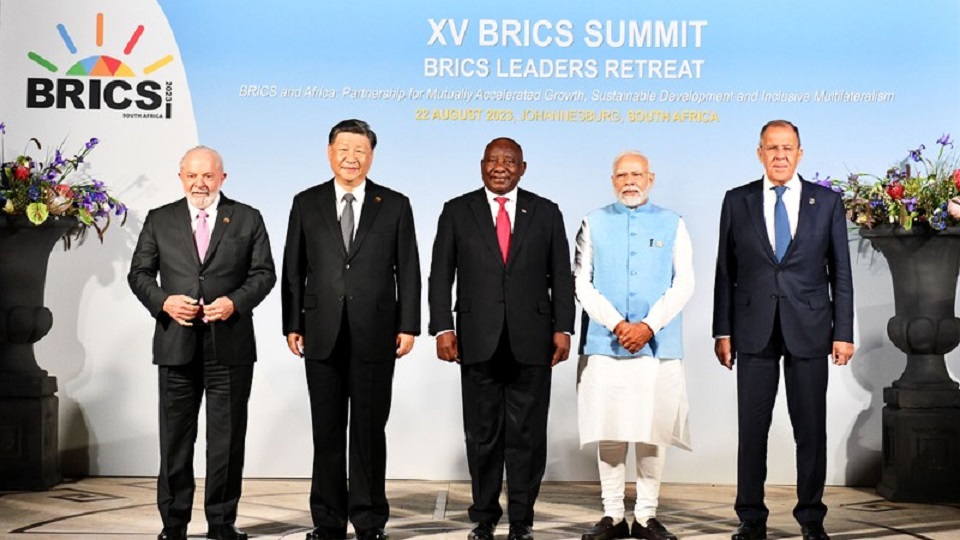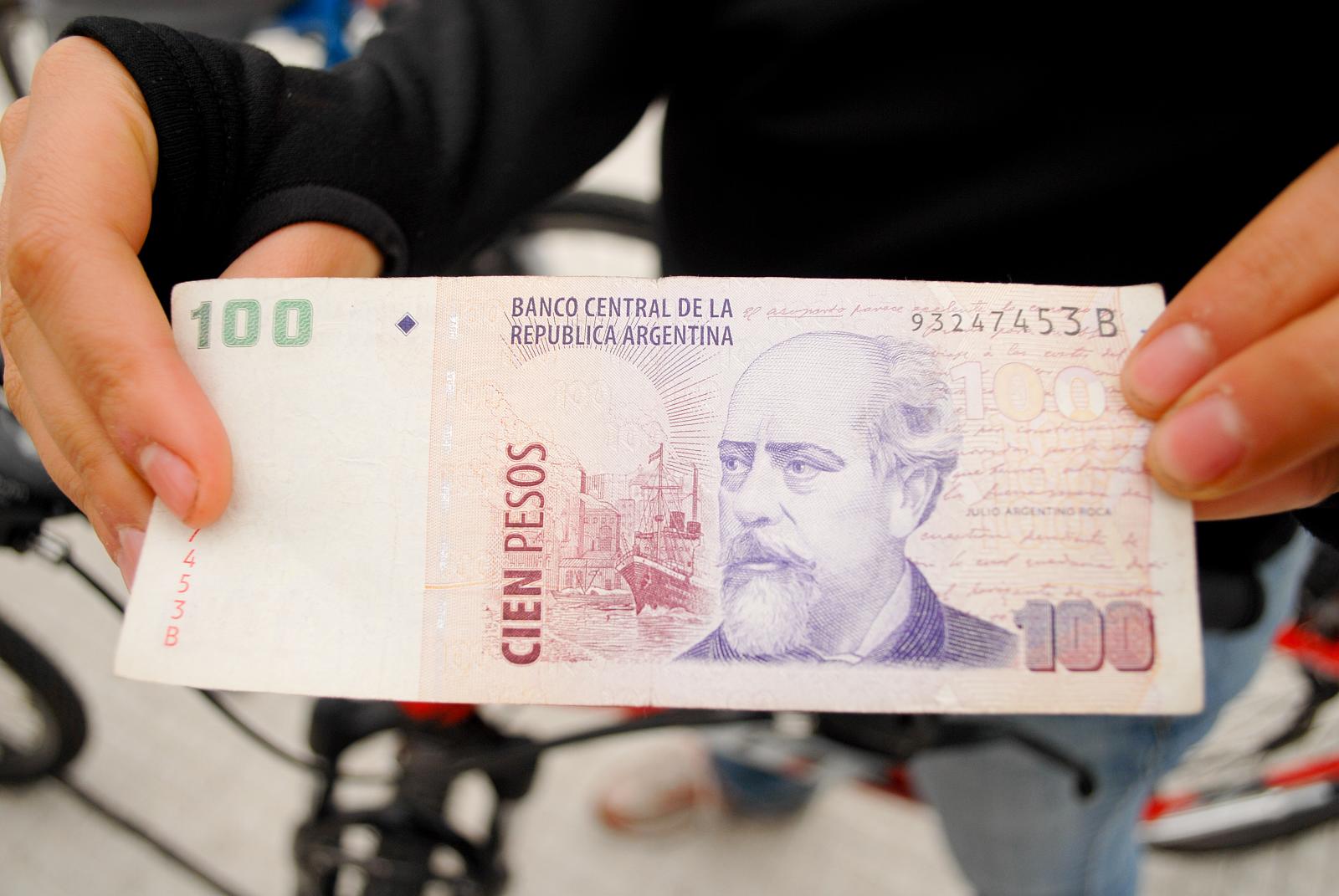In the lead-up to the 15th annual BRICS summit, it’s been suggested that a multinational trade currency pegged to gold was going to be announced as coming in the near future. On Thursday, summit chair President Cyril Ramaphosa presented the Johannesburg Declaration II, in which it was agreed that a decision on any new currency, financial instrument, or payment platform, would be differed until next year’s summit.
“As BRICS, we are ready to explore opportunities for improving the stability, reliability, and fairness of the global financial architecture,” said Ramaphosa. “The summit agreed to task the BRICS finance ministers and central bank governors, as appropriate, to consider the issue of local currencies, payment instruments, and platforms and report back to the leaders by the next summit”.
Some analysts believed, following a July statement by the Russian Embassy in Kenya, that the summit would feature the announcement that the BRICS nations, containing one-quarter of the world’s GDP, would announce the creation of a gold-backed currency for use in trade between them.
Such a decision would be profound, since attempting to measure the value of the fiat ruble, rupee, RMB, and rand against the price of gold would cause the five nations wide-reaching economic consequences—equal to or greater than the consequences it would have for the US dollar.
Seen ideologically as something like the World Bank or IMF but for the Global South and specifically organized around the principles of Non-Alignment, Ramaphosa also stressed the need for BRICS to try and lead in the face of continuing challenges of recovery amongst the Global South from the economic disruptions worldwide resulting from the government-mandated border and business closures of 2020 to 2022.
Beyond financial considerations, the declaration also included the formal invitation of 6 additional parties to the economic alliance, as well as a reiteration of commitments to multilateralism and upholding the UN Charter.
Argentina, Iran, Saudi Arabia, the United Arab Emirates, Ethiopia, and Egypt, were all formally invited to join.
The membership will take effect from January 1st, 2024, and Ramaphosa also announced that similar to the development of a currency, it would be the foreign ministers of the BRICS nations to develop in the course of the next 12 months, a “partner country model” and a list of prospective partner countries.
“We are concerned about ongoing conflicts in many parts of the world,” said Ramaphosa in conclusion, probably regarding Ukraine. “We stress our commitment to the peaceful resolution of differences and disputes through dialogue and inclusive consultation”.
It’s not a great image to accompany that statement and those made previously related to the upholding of the UN Charter with the announcement that 3 nations directly engaged in aggressive war against their neighbors would enter the alliance, followed by two of the most repressive, totalitarian regimes on Earth.
The very first article in the Charter is violated in at least 3 ways by Ethiopia, Saudi Arabia, Iran, Egypt, and UAE, but particularly by the first two, who have both launched horrific wars against their neighbors in order to prevent them from exercising their right to self-determination; with Saudi Arabia attacking Yemen in 2015, and Ethiopia attacking Tigray in 2020. WaL


